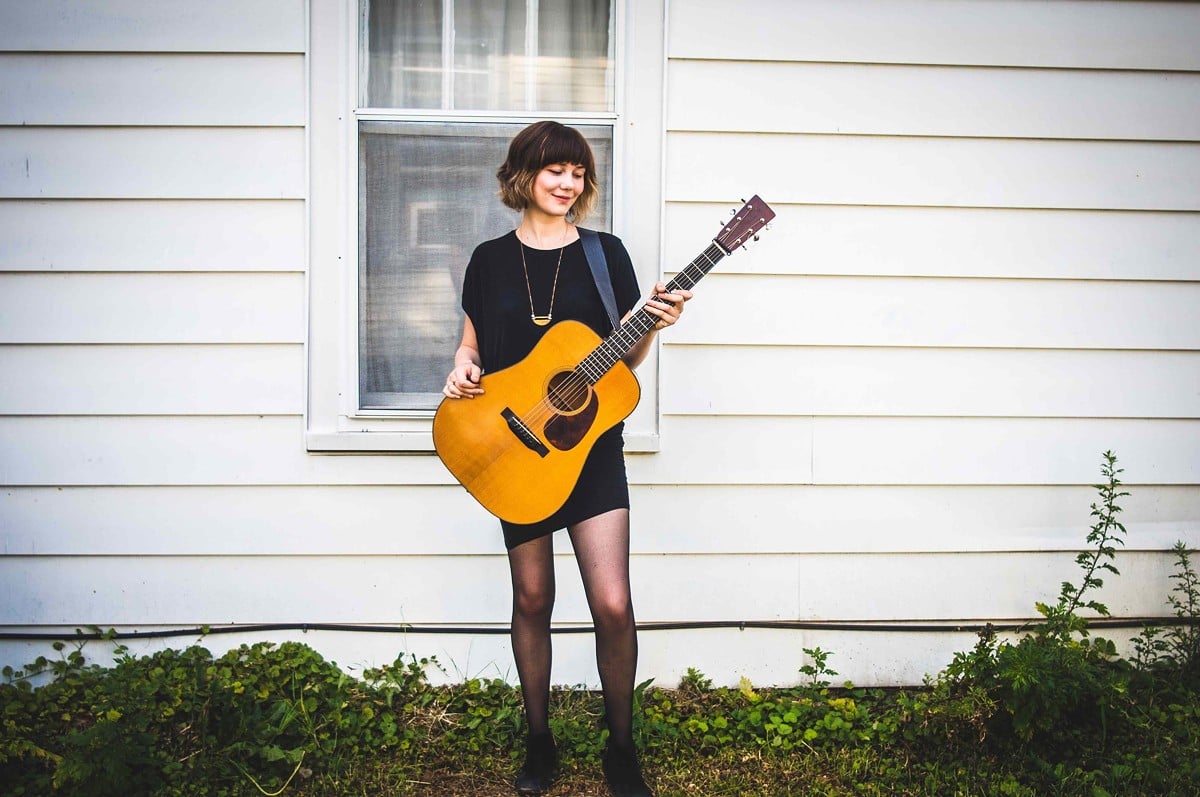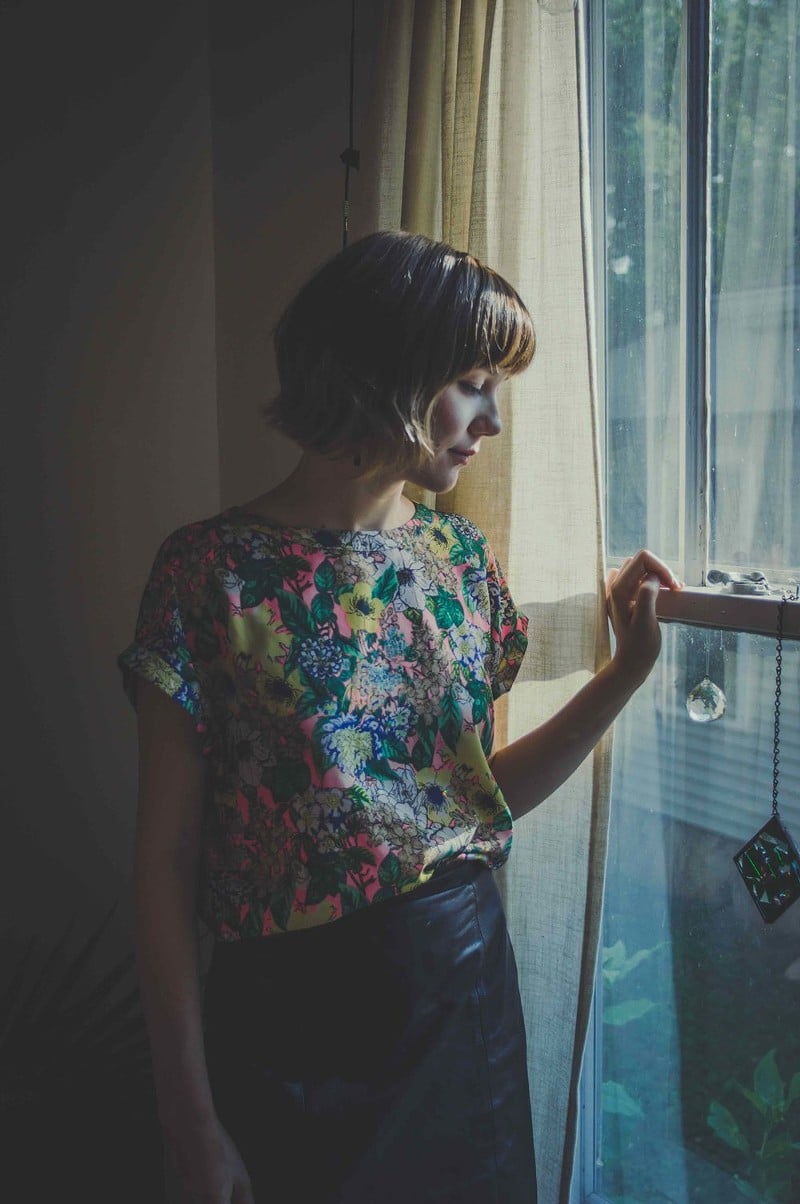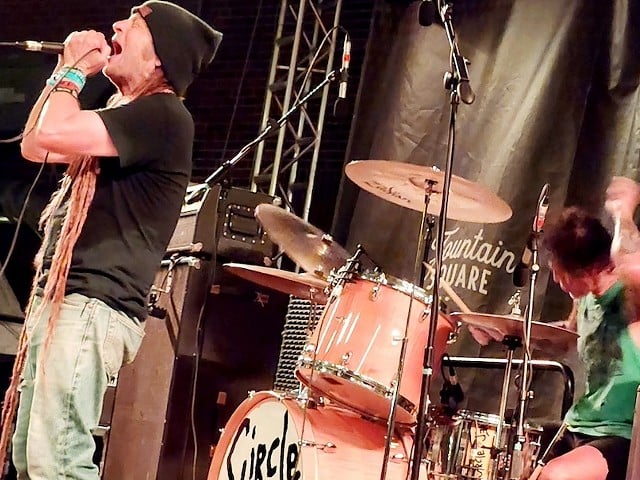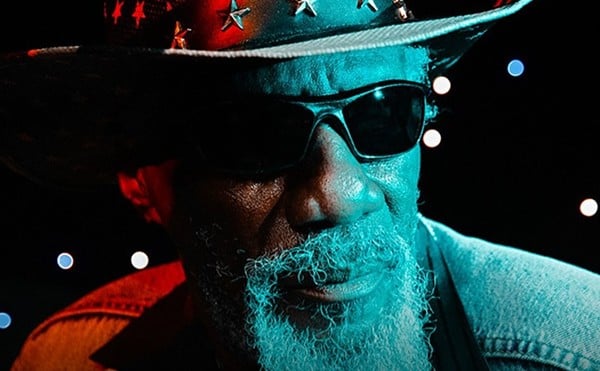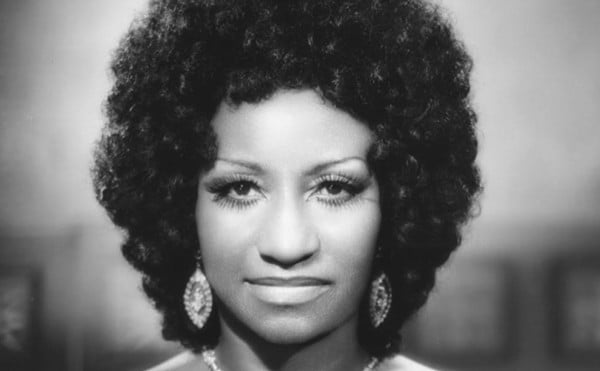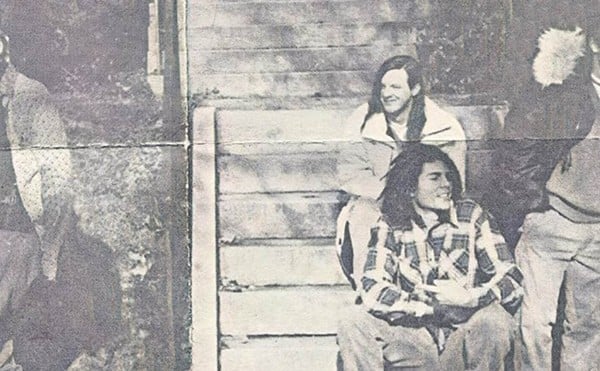Bluegrass guitar extraordinaire Molly Tuttle along with her top-notch band the Golden Highway will be playing Louisville’s Bourbon and Beyond Festival this September. Molly Tuttle, along with other Bluegrass greats like Sam Bush, Yonder Mountain String Band, and Dan Tyminski, are set to bring some of the best Bluegrass to its home state. LEO Weekly was able to discuss the Bluegrass tradition, rising popularity, and songwriting with Molly Tuttle.
LEO: You have played here in Kentucky multiple times over your career. How does it feel to play Bluegrass music in its home state?
Molly Tuttle: It’s pretty special. I love playing in the Bluegrass state because our music just fits so well there. I feel like out of the places we get to play, in Kentucky there is this kind of awareness of Bluegrass music in the general public. It seems a little bit more, like, in the mainstream awareness than some other places we get to play. And also just thinking about the legacy stemming from Kentucky, it’s cool for me to get to play there as someone who grew up on the West Coast loving Bluegrass music but never really knowing the South much until I was older, now I live in Tennessee. So, it’s cool to get to be a part of something like Bourbon and Beyond.
You’ve done a lot of different collaborations with artists like Margo Price, Billy Strings, Dave Matthews, and Gillian Welch. What is it about collaborations that makes you want to go out and find new people to work with?
Yeah, I think it is so in the spirit of this kind of music that you just get together and go to jam sessions together and everyone kind of knows this canon of songs. When you’re going to a bluegrass jam you all kind of know the same songs, and even if you don’t know the song you can kind of just jump in if you know this music really well. A lot of the songs are easy to follow and if you know enough of them you can start to [anticipate] where songs are going next, so I feel like I just grew up collaborating a lot with different friends and people that I met in the Bay area music scene. I feel like that’s a spirit that’s really prevalent in Nashville as well, that people want to play music with each other and get together in the studio and sing on each others records.
My mom and I are both fans of you and were able to see you perform at Romp Fest last year. Our favorite song of yours is “Crooked Tree,” and that song has become very emotionally impactful for a lot of people. What do you think it is about that song specifically that it has been able to touch the amount of people it has?
I think, for me, I wrote it from kind of a personal place. When I wrote the song I hoped it could resonate with a lot of people. Everyone, in one way or another, I feel we all have things or parts of ourselves we are maybe insecure about or [feeling] like we didn’t belong, and that song is really about embracing who we are. I felt like when I made that record, Crooked Tree, I felt like that was me embracing the music I grew up with that is such a part of who I am. Writing songs inspired by songs I grew up singing.
A lot of your songs are very narrative. I saw in a past interview about the challenge of taking these narrative stories and putting them into a bluegrass song, and the challenge of writing a bluegrass song. Could you go a little more into that?
I guess, growing up, I started writing songs at about 15. The songs I was writing, I didn’t really know how I would categorize them, maybe folk or singer/songwriter type songs, I don’t know what genre they really fit into. But everytime I worked on a bluegrass song I just felt really stumped, like I was having major writer’s block. I think part of that was due to a lot of the songs that I loved in the Bluegrass genre that I grew up singing were, you know, written by people who had totally different life experiences from me. Like, a Bill Monroe song, he’s from a different era, grew up in Kentucky, and I was born in the 90s and grew up in the Bay Area and Silicon Valley, so I just didn’t know how to take my story and make it sound authentic in the Bluegrass genre. There’s people like Gillian Welch, who she’s a fellow Californian who writes these songs that feel like they could be hundreds of years old and she’s so inspired by Appalachia in her songwriting, that I realized it was possible, but it took me years and years to kind of find my voice within the Bluegrass genre and write songs that were about things I cared about, but still to me sounded inspired by people like John Hartford and Hazel Dickens, people who were my heroes who write songs in the Bluegrass style who are really true to who they are.
I feel like Bluegrass is having a big revival or resurgence recently, with artists like you, Billy Strings, Sierra Hull, and Sierra Ferrell who also has a bit of Bluegrass flair to her. Why do you think this music is getting more attention recently than it has in the past couple of decades?
I think it’s that there is this new generation of players and we all grew up listening to people like Sam Bush and Bela Fleck, and you know Alison Kraus, and that was the generation that I looked up to. But we’re all kind of like into our 30s and just getting out there and playing, reaching new people with this music and making it seem still current and still evolving to new forms. I think this kind of music, it started in the 40s and it’s always been changing, evolving since then and finding a bigger and bigger audience. I’m not sure exactly why, right now, it does seem to be having a resurgence, I just think the group of musicians who are out there touring like Billy Strings, Sierra Hull, and Sierra Ferrell like you mentioned, they’re just amazing performers and people are going to resonate with that and they are going to reach wider and wider audiences. We also have the internet now, where you can reach people who might not have thought of themselves as a bluegrass fan but they see a video that they think is really cool on YouTube and they kind of go down a rabbit hole and find other people. I feel like people’s music taste in general is not as defined in genre as it once was.
I first started listening to your music when I saw a video of you playing “White Freightliner Blues,” what is another classic bluegrass song you love to perform?
Oh yeah I love that one, that’s one of my favorites. It’s a Townes Van Zandt song that has definitely crossed into the bluegrass world and a lot of people do that song. Lately I’ve been doing one called “Moonshiner” which I love to play. I learned it from Peter Rowan, and it’s one of my current favorites. I love songs about bootlegging and moonshine and stuff like that.
What is a classic bluegrass song that you have yet to perform that you would really like to do at some point?
I feel like since we’re coming to the Bluegrass State soon for the festival, we’ll have to do a Bill one, so I’m going to go with “Uncle Penn,” that would be a fun one to play.
You mentioned some big inspirations like John Hartford, is there anyone else that you see through your music?
Yeah, he is a big one I look up to. Peter Rowan is another, kind of like West Coast crasher who writes these songs that really inspire my songwriting. Laurie Lewis is someone I grew up listening to. Gillian Welch is a huge inspiration to me, I just love her songwriting, her singing, and everything she does.
Because my mom absolutely loves your music, I asked her to give me a couple of questions she would like answered. So, the first is that festivals like Romp Fest and other Bluegrass festivals are very sort of intimate and smaller scale. Is it hard to bring bluegrass to a bigger festival like Bourbon and Beyond and still keep that personal aspect that makes those festivals so special?
I feel like no matter the size of the audience I’m still looking for those people in the front row to really connect with, or really anybody I can see. I feel like I’m still just kind of honing in on the crowd and people I see having a good time and kind of feeding off of that. No matter how [large] the show is, I try to just do my best to bring the same high energy and making everyone feel like they’re a part of something that’s bigger than yourselves, like we are all connected. That’s why I want to play shows.
One of her favorites of yours is “Down Home Dispensary,” and the other question she had was “What does a girl have to do to get a down home dispensary?”
[Laughs] I feel like that song has become almost obsolete now because in Nashville we have all these dispensaries. I don’t really understand if it’s hemp or something, Delta 8 or something. They must have found some loophole because it hasn’t been legalized, but there’s a dispensary on every corner of my neighborhood.
I always like listening to bluegrass covers of rock songs or songs in other genres, and you covered “White Rabbit” by Jefferson Airplane. What made you want to do that song? Was it because of the West Coast/Bay Area influence?
Yeah, that’s actually exactly what it was. During the pandemic I did this set of 3 live streams that each had a different theme, and I worked up a ton of new music for them. One of them was songs from the Bay Area, so I was looking up artists who were from my hometown or music that came out of the area from anytime, and I found out that Grace Slick actually was from Paolo Alto, where I’m from, and she went to the same high school as me and I thought that was really cool. So, I was like, I have to do one of her songs and the obvious choice for me was “White Rabbit” because I love that song. Then I was like, “that’s so cool, it would be fun to put my own spin on this and write a song that’s kind of like Alice in Wonderland meets Bluegrass,” so me and Ketch were talking about it and it should be set in Kentucky, the Bluegrass state, and that “Alice in the Bluegrass” would be kind of a funny and fun song idea. So, we wrote that song, and then I brought back the “White Rabbit” cover, Bluegrass style, to kind of hint at something to come, and now we medley those two, and sometimes in the set we’ll play “Alice in the Bluegrass” and go right into “White Rabbit,” which has become its own kind of mini section of the show at times.
You mentioned Ketch [Secor] from Old Crow Medicine Show. I know you all are in a relationship, and I was wondering how it is collaborating together?
It’s really fun, we both love writing together and we kind of find time to do it all the time. Sometimes I’m on the road and we’ll Facetime to write a song or we’re just hanging out at home and then start working on a song at night when we’re just chilling at the house. It’s nice to have that kind of creative relationship with someone who I see all the time, who I talk to all time, because we can always be bouncing ideas back and forth. Some of the songs we’ve written, for instance like ‘Flatland Girl,’ we’d just visit my grandma in Illinois on the farm where my dad grew up and he was like ‘that could be a really cool song that’s about your life,’ but it could still kind of resonate with people who are farmers or grew up on a farm or have ties to the midwest. Sometimes he will see song ideas that are relevant to my life and my story that I didn’t even think about because to me it’s like, ‘oh, we just visited my grandma.’

